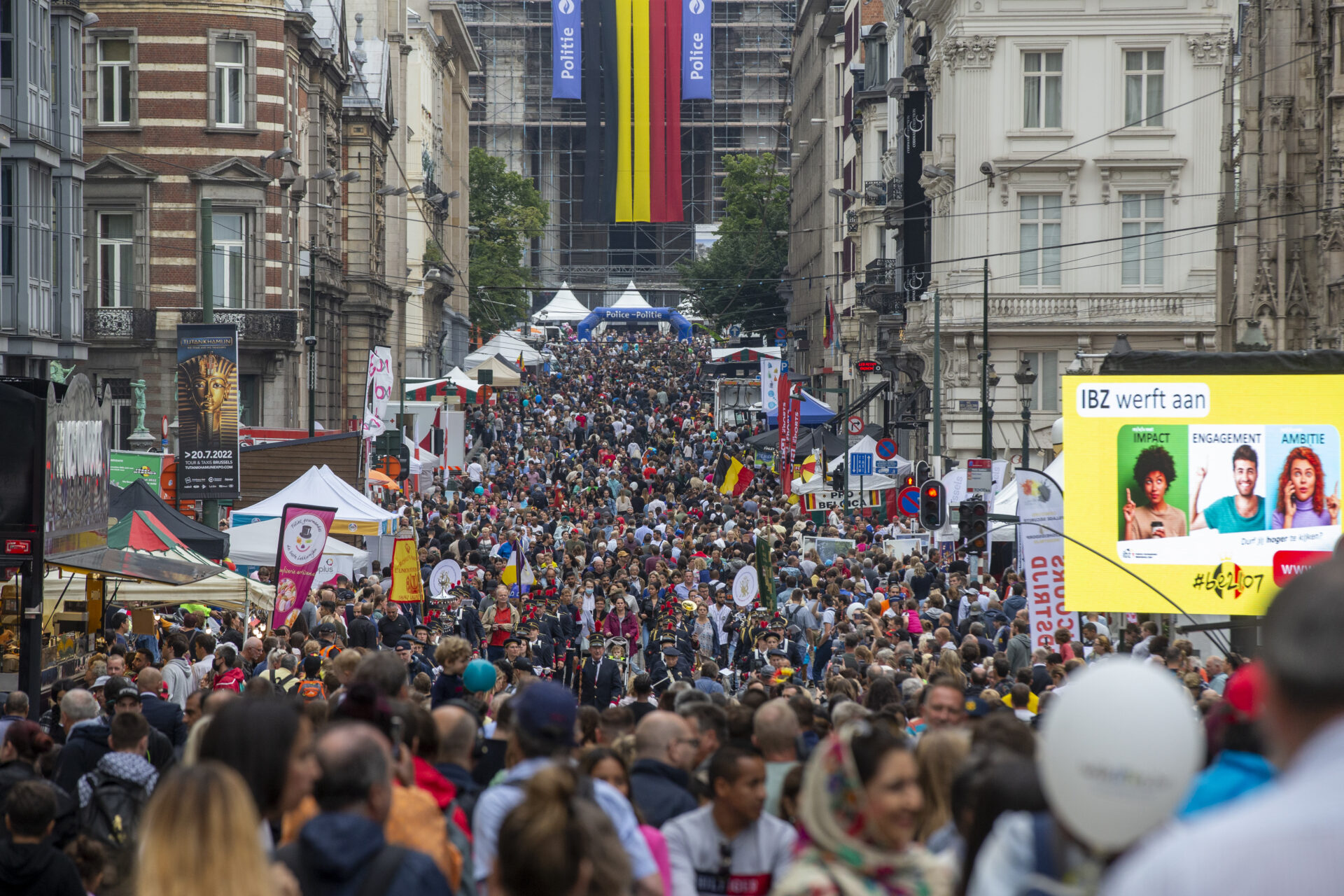Many young people declare that climate change concerns make them think twice about making children. This was the point of departure of a recent interdisciplinary conversation on RTBF on the question 8 billion earthlings. Should we stop making children?
In the course of the conversation, it soon transpired that, due to the huge intercontinental imbalances that are emerging, the right scale on which to ask this question is not that of mankind as a whole, but of each continent.
First consider North America (limited to the United States and Canada) versus Latin America. With territories of approximately equal sizes, their populations were of very similar sizes in 1950 (170 Mn and 180 Mn respectively).
Since then, the North-American population has more than doubled, while the Latin-American population has more than quadrupled (370 Mn versus 740 Mn). No wonder that there has been some strong northwards pressure on the Mexican-American border. But judging by UN projections, this will not last. By the end of the century the gap will be smaller (490 Mn versus 780 Mn), and the Latin-American population will have started to shrink.
Next consider Europe (including the European part of Russia) versus Africa. The present situation looks fairly similar, in quantitative terms, to the American one. But there was a big difference in the past and the difference, in the future, is expected to be phenomenal. In 1950, with a territory three times larger than Europe, the population of Africa was far less than half that of Europe (230 versus 550 Mn).
Since then, the European population has grown from 550 to 750 Mn, while the African population has exploded from 230 Mn to 1300 Mn. The pressure on the Mediterranean is therefore even less surprising than the pressure on the Mexican-American border. But the biggest difference lies in the future. While the European population is expected to shrink from 750 to 630 Mn by 2100, the African population is expected to further rise from 1300 to 4300 Mn.
The shift in the ratios from 230/550 to 4300/630 is mind-boggling enough. But the impact of global warming must also be factored in. For example, in her opinion piece in The Guardian on 5 November, the UN deputy secretary general, Amina J. Mohammed wrote “across Africa, water shortages are expected to displace up to 700 million people this decade.”
Where will these displaced millions go? Are they to be expected to integrate into poor, overburdened neighbouring areas, where populist movements can easily trigger inter-tribal and international conflict? Or are they rather to be expected to stay for generations in gigantic refugee camps?
Given the size of the prospective population growth and the nature of the predictable impact of climate change, who believes that it will be possible to contain the resulting northwards migration pressure? And who believes that it would be just for us Europeans to contain it? Isn’t what is happening now in Africa to a large extent our responsibility? Not, or not mainly, because of past colonial oppression or ongoing resource extraction, but because of two other factors.
One is the medical revolution that brought about a quick fall in infant mortality and hence quick population growth, but without a matching development of the educative and social protection systems that could have worked as brakes. The other is the slow accumulation of greenhouse gases as a by-product of our industrial development and our way of life, leading to climatic disturbances that are particularly damaging for the livelihood of much of the African population.
The first factor, today eagerly perpetuated by the Gates Foundation and the like, is no doubt the reflection of benevolent intentions, and the second factor was long unnoticed and unintentional. In both cases, the causal responsibility of the North is nonetheless manifest. Europeans cannot just turn to Africans and say: “It’s nothing to do with us. It’s for you to sort out this mess!”
If all of this is correct, if only roughly, large-scale migration from Africa to Europe is both unavoidable and legitimate for many decennia to come. In this context, should Europeans keep making children? They certainly should. For two main reasons.
Europe, or at least Western Europe, is currently enjoying a very imperfect yet truly exceptional combination of freedom and peace, of prosperity and solidarity. It does not owe this blessing to exceptional brains but to exceptional institutions, laboriously developed over the centuries.
To make these institutions work, you need people equipped with the appropriate competences and attitudes. Newcomers are just as able to acquire them as locals, but socialization into these institutions and the associated ethos takes manpower and time. If the locals stop procreating, this won’t work. And it must be made to work.
The second reason is no less important. Anyone who has spent some time reflecting on the matter realizes how much we, as Northern generations, have behaved badly, and are still behaving badly, towards future generations throughout the world. In order to try to remedy this, by empowering our political leaders to make difficult decisions costly to us, we can appeal to some compelling conception of intergenerational justice.
But this is an abstract notion, whose motivational force is poor compared to our very personal concern for the well-being of actual human beings, younger than us or still to be born. There is no reason why such a concern could not spread far beyond our concern for the children we have made and the children our children have made or are going to make. Yet, widely shared parenthood and grand-parenthood can be trusted to help reduce the attraction of “Après moi le déluge” attitudes in the electorate, and thereby to increase the small chance that we shall do what is needed to save our planet before it is too late.

